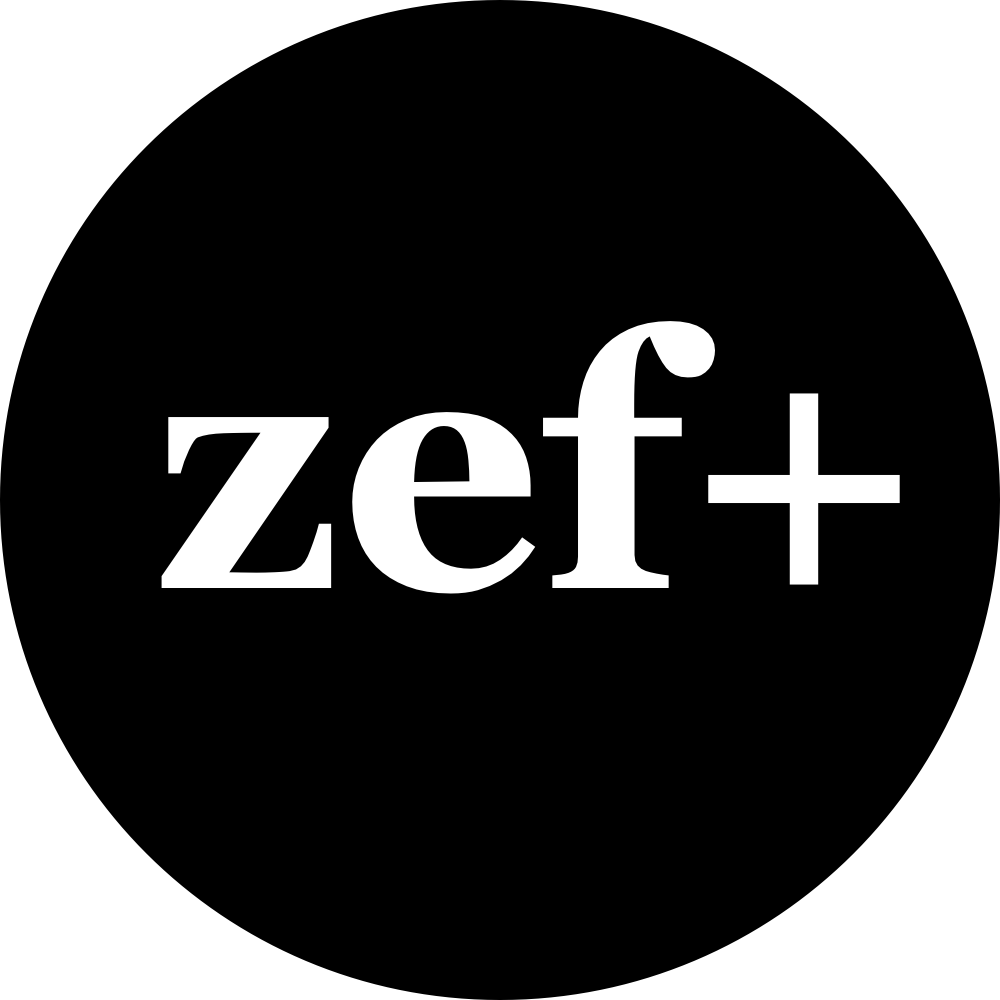No More Buts
“I think what you’re attempting to do here is really great...”
“But…?”
“Right… but I think it’s not going to work.”
This is one of those classic aha moments when people first learn about it during some communication training: if there’s a “but” in your communication, people will fail to hear whatever preceded it. People have become so used to the omnipresence of buts that they can see one coming a mile away. We’ve all developed but-detectors if you will. And it’s not helping us.
Therefore, we’d like to see fewer buts.
Yes, I did enjoy that.
But.
Let’s focus on what to do instead.
The effect of a “but” is that it shuts an idea down. And that’s wasteful. If we don’t believe an idea to be perfect (even far from it), what we really like to achieve is to make it better. We can do this by iterating. By offering our version of the idea that builds on top of it: tweaks it or enhances it in some way.
This is called plussing.
The concept is attributed to Walt Disney, who apparently set the rule for his production meetings that every criticism had to come with a “plus”: a new idea or suggestion that strengthens the original. The idea is that if you’re just criticizing without alternatives, you’re not really contributing. Therefore, criticism is fine as long as it goes along with substantive ideas on how to improve it.
Pixar took this idea and plussed it by adding two elements from improv:
The first is to “Accept every offer.”
What’s an offer? It’s a core concept of improv, a way of “setting the stage.” Imagine an improv act going something like this:
The first guy says, “Such a great day on the beach today, isn’t it?”
The second guy says, “No, we’re not on the beach. We’re at a bus stop.”
That’s a dead end. It’s not going anywhere. If anything, it’ll turn into a struggle between beach and bus stop, which it’s going to be. At best, one will get what he wants. At worst, neither will.
Now consider this alternative:
The first guy says, “Such a great day on the beach today, isn’t it?”
The second guy says, “Yeah, and what an odd place to put a bus stop.”
With the first alternative, you’ve got a sure thing: dead end. With the other, almost infinite possibilities.
The second element is to “make your partners look good.”
When you know that other people will always plus your ideas, you’re creating a constructive environment. Ideas are not a zero-sum game. Other ideas don’t need to be shut down for “yours” to win. In fact, through plussing ultimately it’s probably hard to determine whose idea it really is that you’re implementing, as it likely evolved a lot since your initial phrasing.
No more “buts,” only “yes, ands.”
